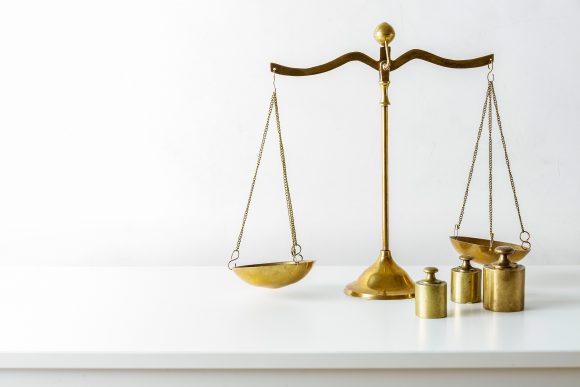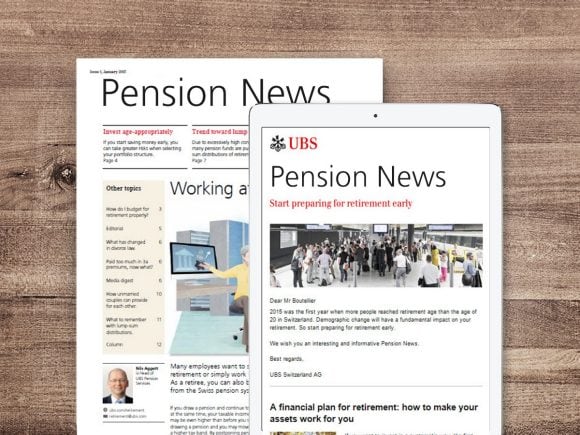Pillar 3 at a glance
Pillar 3a

With pillar 3a, you can secure your retirement provision, enjoy tax advantages and use the capital before you retire to buy a home or start a business.
Maximum amount in 2026

In Switzerland, you can pay a fixed maximum amount into pillar 3a annually, which you can deduct from your taxable income.
Retirement calculator

If pillars 1 and 2 are not enough to maintain your standard of living in retirement, you will need to save more. Find out now how much you should put aside.
Pillar 3 in a nutshell
The third pillar of the Swiss old-age pension system is for private pension provision and complements both state (pillar 1) and occupational pensions (pillar 2).
- Pillar 3 improves your financial security in retirement through additional capital.
- It is voluntary and complements the mandatory pension pillars 1 and 2.
- Pillar 3 is divided into two categories: pillar 3a (restricted) and pillar 3b (unrestricted).
What is the difference between pillar 3a and pillar 3b?
Pillar 3a offers tax advantages and is intended for long-term retirement planning. Pillar 3b, on the other hand, offers more flexibility but no tax advantages.
Pillar 3a: restricted retirement provision
Pillar 3a allows you to save for retirement and at the same time save on taxes. Each year, you can deposit a certain amount that will remain tied up until retirement.
Pillar 3b: unrestricted pension provision
Pillar 3b is a flexible way to save for retirement without tax advantages or contribution limits; the capital can be accessed at any time and may be invested.
Pillar 3a investment funds
Invest in sustainable Vitainvest Investment Funds for higher yield opportunities.
- Actively and passively managed investment funds for pillar 3 with broad diversification.
- No minimum deposit – the investment amount is up to you.
- All funds take sustainability criteria into account.
When is the right time to save for your retirement? Right now!
- 01
Define your risk profile
Answer just a few questions to find out which 3a pension solution suits you best.
- 02
Discover our recommendations
We propose different pension solutions, and you choose the one that suits you and the way you live your life.
- 03
Open your 3a pension solution
Open the 3a pension solution directly in the Mobile Banking App and choose how much and how often you would like to deposit for your future.
Are you already a client of UBS?
Retirement calculators
Our pillar 3a retirement calculators help you assess and optimize your financial situation and plan your retirement.




